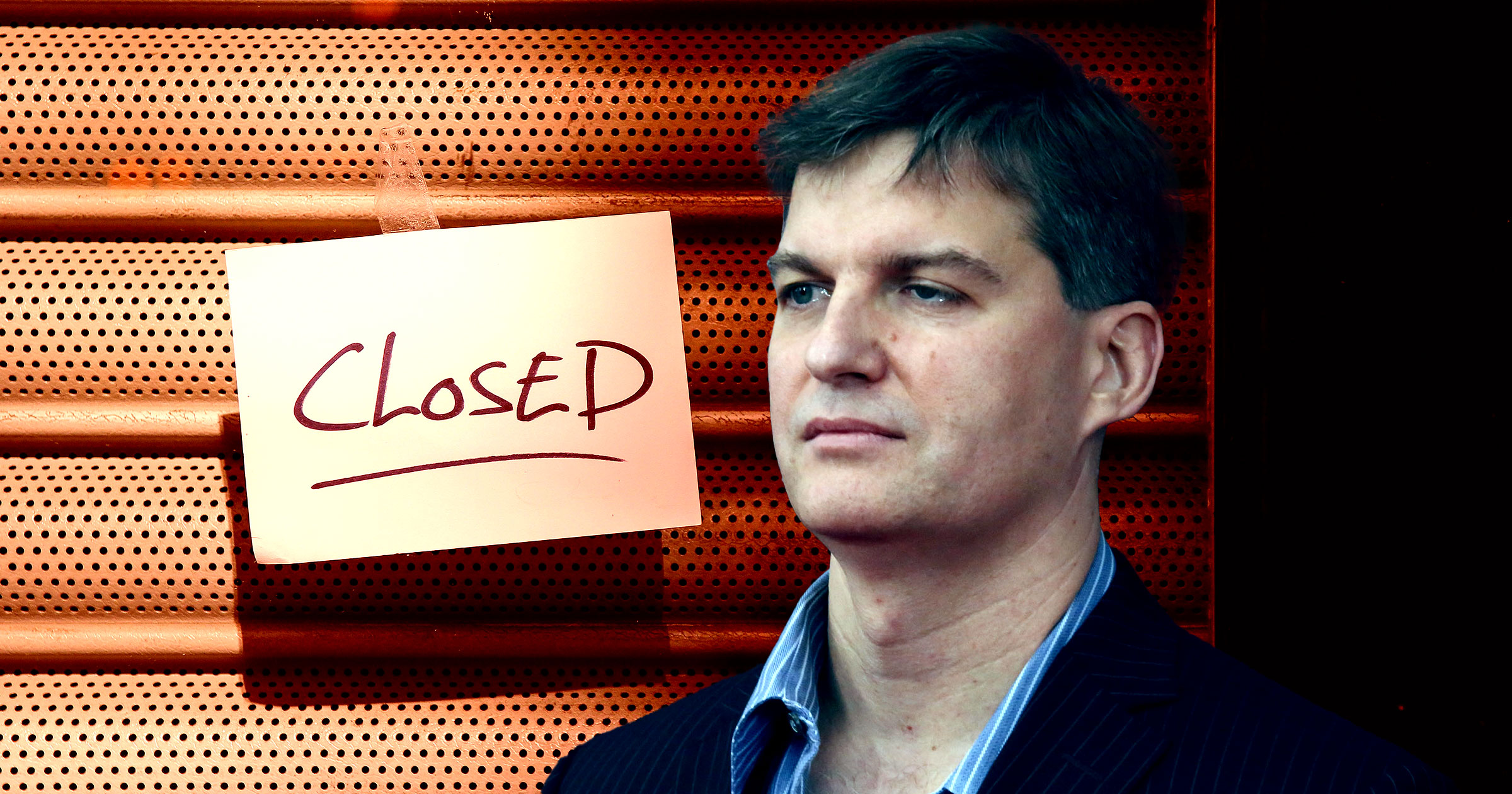Michael Burry, the investor renowned for his successful short of the US housing market prior to the 2008 financial crisis, has announced the liquidation of his hedge fund, Scion Asset Management. This decision comes after he revealed placing significant bets against the AI sectors, notably against Nvidia and Palantir, which many analysts are now labeling as an inflated bubble.
In an October 27 letter to investors, Burry disclosed plans to “liquidate the funds” and “return capital” by the end of the year. This revelation coincided with the fund’s deregistration from the US Securities and Exchange Commission, prompting speculation regarding Burry’s future in the investment arena. Although deregistration removes the obligation to file reports with regulators, it does not necessarily indicate the dissolution of the fund.
Market Dynamics and Burry’s Short Strategies
Burry’s timing has raised questions, particularly as the valuations of AI companies continue to surge. Despite a recent tech selloff, Nvidia shares have risen over 37 percent this year, while Palantir has skyrocketed by 126 percent, reaching a staggering price-to-earnings ratio exceeding 200. Such growth has been a source of concern for investors like Burry, who have attempted to capitalize on perceived overvaluations.
According to the Financial Times, Burry’s situation is not unique; other prominent short sellers have also exited the market amid escalating AI hype. Traders including Jim Chanos and Nate Anderson have similarly closed their positions, indicating a broader trend among investors facing challenges in shorting AI stocks.
In his letter, Burry expressed a disconnect between his valuation assessments and the current market dynamics, stating, “My estimation of value in securities is not now, and has not been for some time, in sync with the markets.” This sentiment reflects the difficulties short sellers have encountered this year.
Clarification and Future Plans
Adding to the intrigue, Burry recently clarified the scale of his investments in AI stocks. He tweeted that he had invested $9.2 million rather than the previously reported sum of $912 million in his bet against Palantir. Burry explained that this investment would allow him to sell Palantir shares at $50 in 2027.
As Burry moves forward with the liquidation of Scion, uncertainty surrounds his next steps. In a cryptic tweet, he noted he would be “on to much better things” on November 25, 2023, without providing further details. This announcement has led to speculation about whether he plans to continue his strategy of shorting the AI bubble independently.
Bruno Schneller, an analyst at Erlen Capital Management, suggested that Burry might pivot to a family-office setup, allowing him to manage his capital without regulatory oversight. “Don’t count him out, just expect him to operate off the grid for a while,” Schneller remarked.
Burry’s actions and statements underscore the complexities surrounding the AI investment landscape and the challenges faced by those attempting to profit from market corrections. As the AI industry continues to evolve, investors will be watching closely to see how Burry’s next moves unfold.
